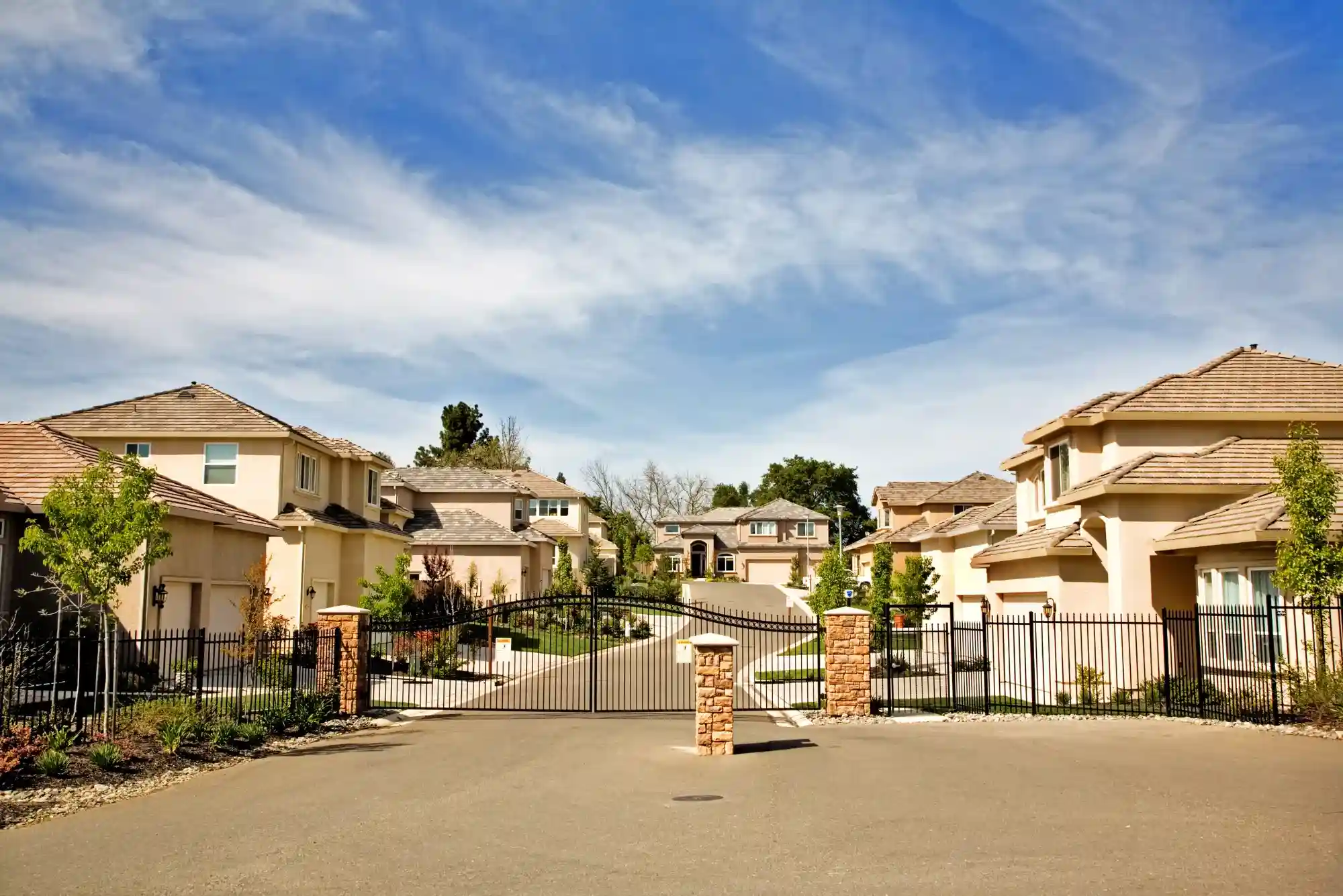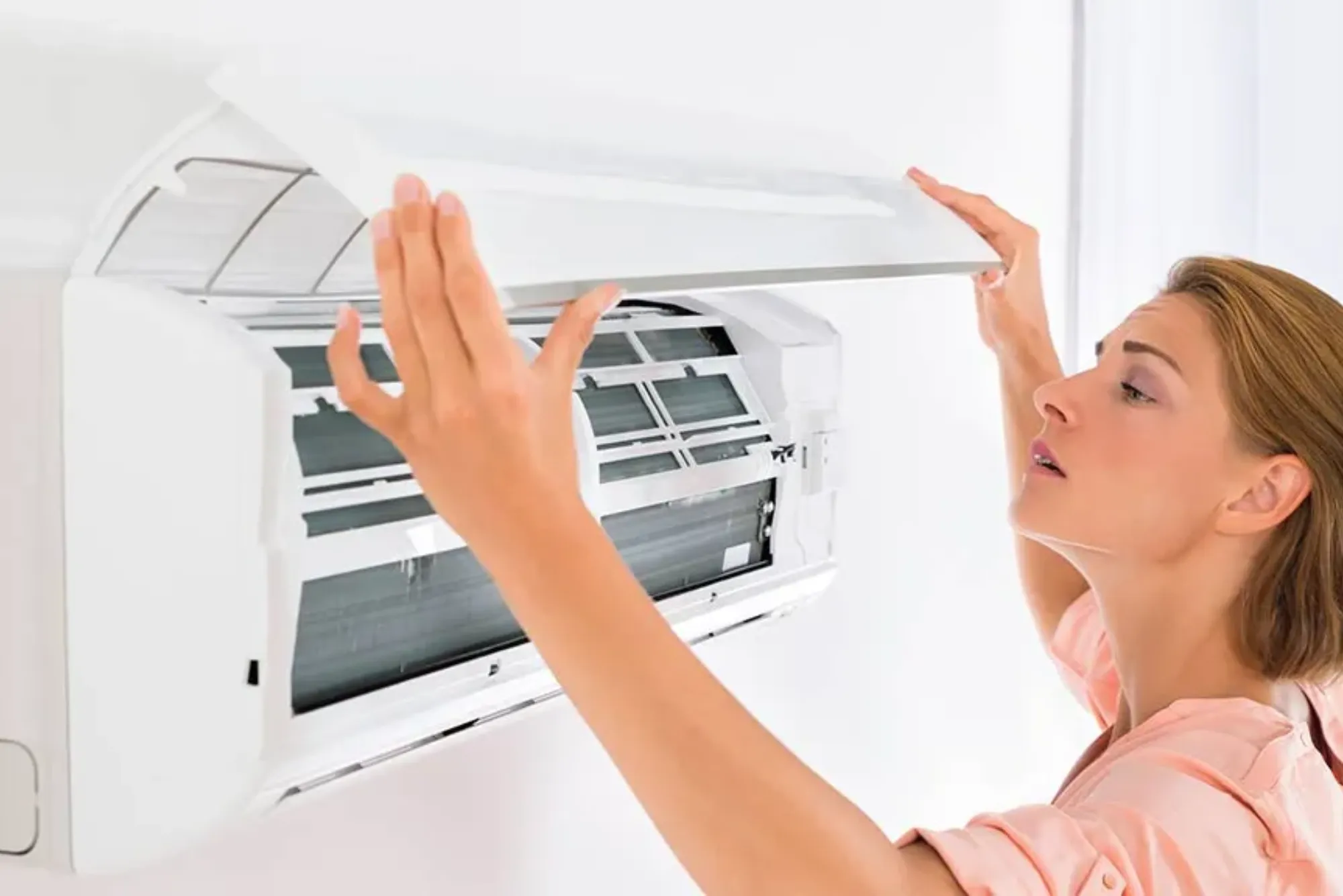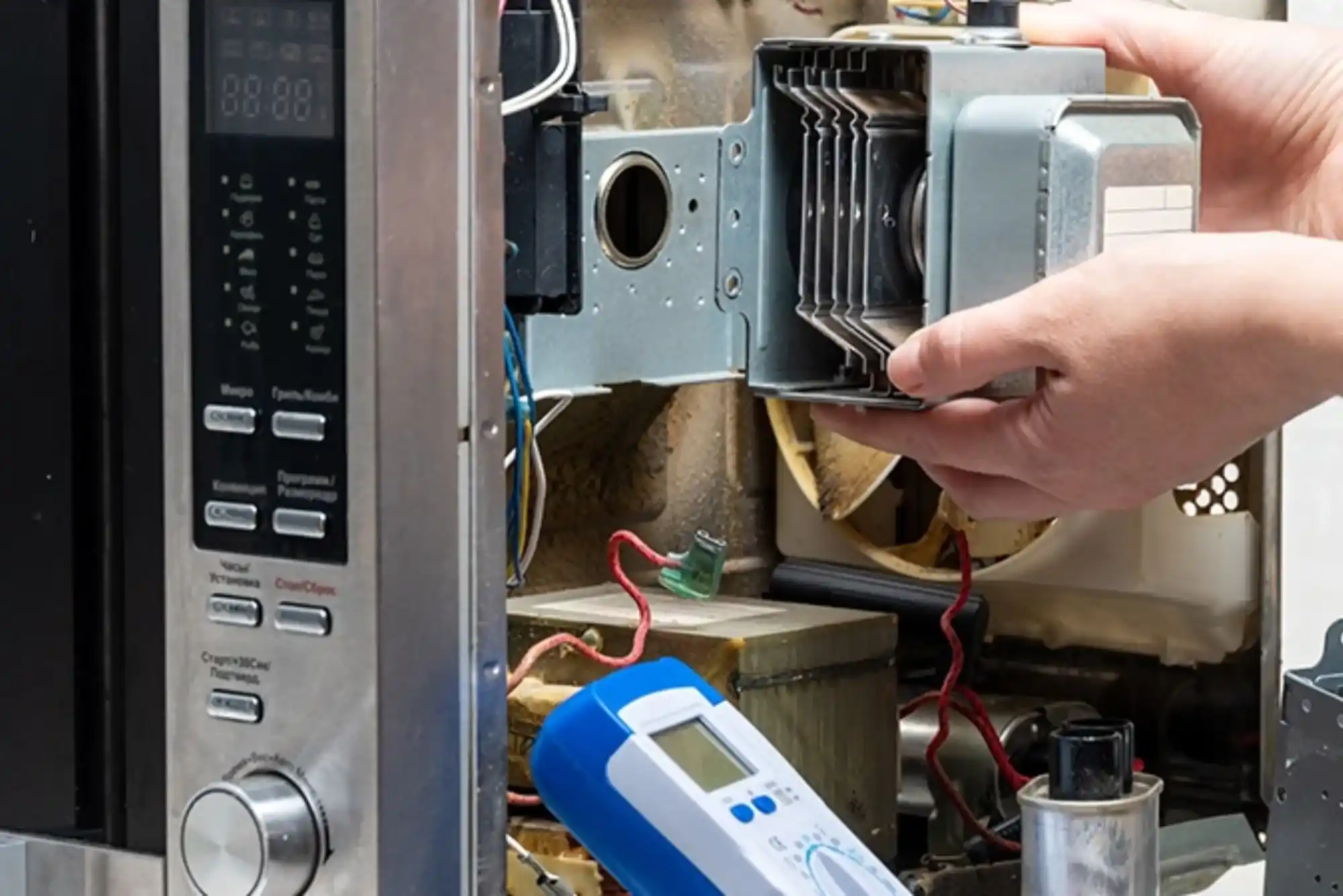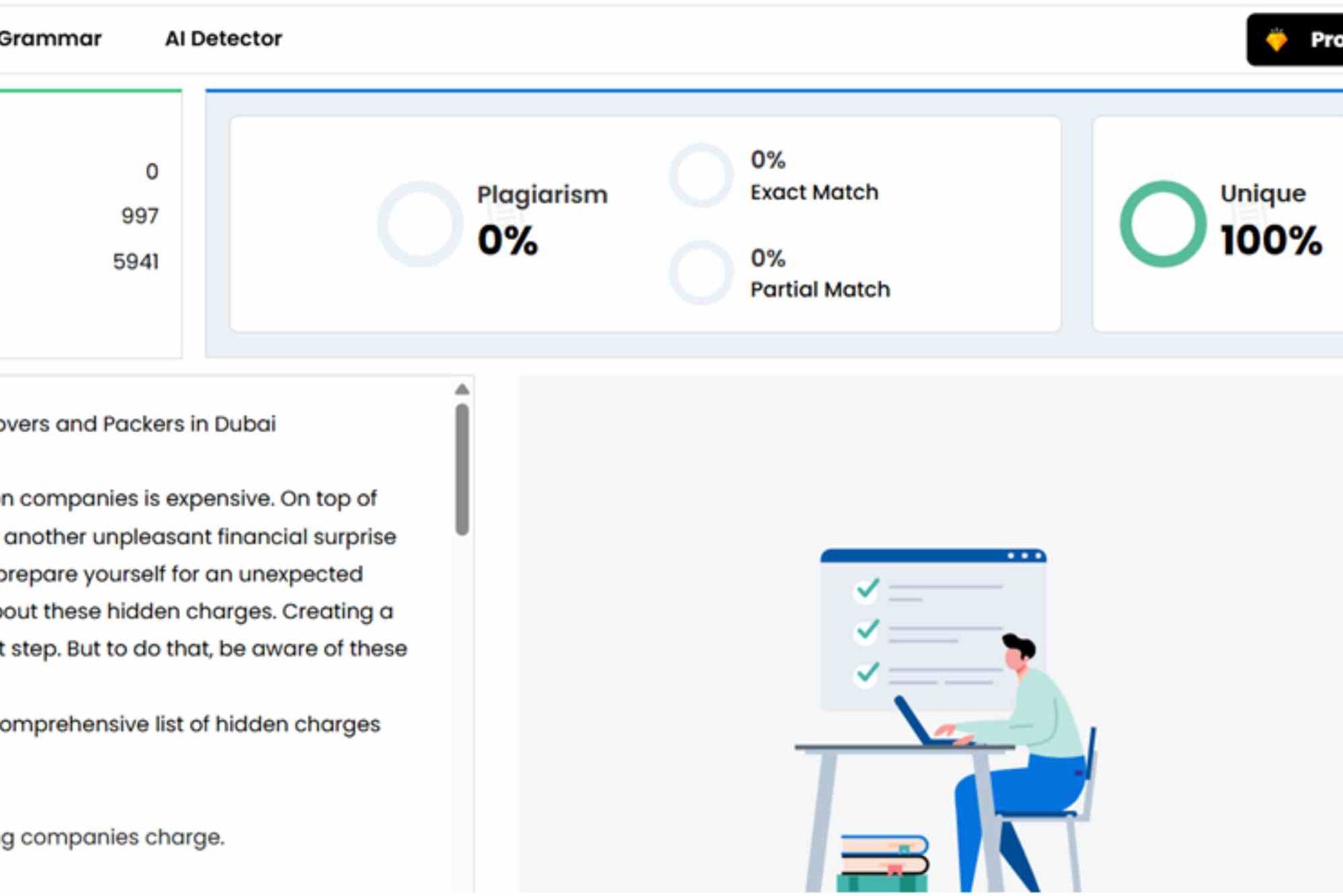Living in a housing community or planned development often means abiding by the rules and regulations set by the Homeowners Association (HOA). But many homeowners are not fully aware of the scope of what an HOA covers. Understanding the responsibilities of an HOA is important for residents, as it helps in managing expectations and ensuring that the community remains well-maintained and enjoyable for everyone. So, what does HOA cover in a housing community?
In this article, we will explore the core functions of an HOA, including the types of services and amenities it provides, and how it manages the community’s rules and finances. Additionally, we will touch upon financial considerations like swift code bomlaead and the al fuad exchange rate, both of which can be relevant for homeowners dealing with international transactions related to HOA fees or property management.
The Role of HOA in Managing a Community
A Homeowners Association (HOA) is typically responsible for managing and maintaining common areas, enforcing community rules, and making decisions that affect the entire community. While the exact responsibilities of an HOA can vary depending on the community’s governing documents, the general tasks it covers are fairly consistent across most housing communities.
1. Maintenance of Common Areas
One of the primary responsibilities of an HOA is maintaining the common areas of a housing community. This includes landscaping, ensuring that public spaces such as parks and playgrounds are well-kept, and providing for the upkeep of shared amenities like swimming pools, gyms, and clubhouses. The HOA usually employs professional services or maintenance staff to carry out these duties.
2. Enforcement of Community Rules and Regulations
HOAs are responsible for enforcing the community’s rules and regulations, which are designed to maintain the aesthetic value and peaceful living conditions of the neighborhood. Common rules might include regulations about lawn maintenance, the appearance of homes, noise levels, and parking regulations. The HOA ensures that all residents adhere to these standards and, in some cases, imposes fines or penalties for violations.
3. Managing HOA Fees and Budgets
To fund the maintenance of common areas and other community services, the HOA collects fees from homeowners. These fees can be charged monthly, quarterly, or annually, and the HOA is responsible for managing the community’s budget. The fees typically cover the cost of landscaping, cleaning, insurance for common areas, and sometimes utilities for shared spaces. The HOA may also set aside funds for future improvements or emergency repairs.
Swift Code BOMLAEAD
For homeowners who need to make international transactions, understanding the swift code bomlaead is crucial. When dealing with international payments, such as sending or receiving funds for HOA fees or property-related expenses, you’ll often need a SWIFT code. A SWIFT code is an international standard used by financial institutions to identify specific banks when transferring money across borders.
The swift code bomlaead is a unique identifier that is used for transactions involving banks that participate in the SWIFT network. For those looking to make payments to or from an institution using this code, it is important to ensure that the correct code is provided to avoid any delays or complications with the transfer. You can find more details on how to use a swift code bomlaead.
Having the correct SWIFT code allows your international payments to be processed smoothly and ensures that the money reaches the intended recipient without errors. Whether you’re dealing with international property management services, making international payments for your HOA fees, or sending funds abroad for other reasons, understanding and using the right SWIFT code is essential for seamless transactions.
Al Fuad Exchange Rate
When dealing with international payments, the al fuad exchange rate is a critical factor to consider. The exchange rate impacts the amount you receive or send when converting currencies. This is particularly important for homeowners in international communities or those who need to transfer funds across borders for property-related matters or HOA fees.
For example, if you’re paying for services or HOA fees in a different currency, understanding the al fuad exchange rate can help you get the best value for your money. Exchange rates fluctuate regularly, so it’s essential to stay informed about the current rate to ensure that you’re not overpaying or losing out due to unfavorable exchange rates. You can find real-time updates on the Al Fuad exchange rate, which helps you manage your finances more efficiently when dealing with international payments.
Being aware of the al fuad exchange rate helps you plan ahead for expenses and avoid unexpected surprises when paying for HOA fees, property maintenance, or any other international transactions.
Types of Bank Cards Offered by HOA Providers
In addition to managing community funds and fees, many HOA providers also offer various forms of payment options to residents. One such option is the use of bank cards. Different types of bank cards can be used to pay HOA fees or for related services, and understanding the options available can help you choose the best method for paying your dues.
1. Credit Cards
Many HOAs accept payments through credit cards, which allow homeowners to manage their payments on a flexible schedule. Credit cards often offer the benefit of earning rewards points or cashback on purchases, which can be advantageous for homeowners who pay their HOA fees monthly or annually. However, it’s important to note that some credit card transactions may come with processing fees, which could add to the cost of your payments.
2. Debit Cards
Debit cards are another payment method accepted by many HOAs. These cards allow homeowners to directly access funds from their bank accounts to pay for their fees. While debit cards may not offer the rewards that credit cards do, they are often free of processing fees, making them a cost-effective option for making HOA payments. Debit cards also ensure that homeowners only spend what they have available, providing a more secure and budget-friendly payment option.
3. Prepaid Cards
Prepaid cards are an alternative to credit or debit cards for homeowners who may not have access to traditional banking services. Prepaid cards can be loaded with a set amount of money and used to make HOA payments without worrying about credit limits or interest rates. These cards can also be used for one-time payments or for residents who prefer to manage their expenses on a cash basis.
How to Choose the Right HOA Provider
Selecting the right HOA provider can have a significant impact on your experience as a homeowner within the community. A good HOA provider will offer transparent communication, clear rules and regulations, and provide high-quality services for the maintenance and upkeep of shared areas.
1. Evaluate Experience and Reputation
Before choosing an HOA provider, it’s essential to evaluate their experience in managing similar communities. Look for a provider with a strong reputation for handling maintenance issues, enforcing rules fairly, and managing community finances efficiently. Online reviews and word-of-mouth recommendations can help you identify reputable providers.
2. Transparency of Fees and Services
A reputable HOA provider will offer clear and transparent details about their fees and services. Ensure that you understand the costs associated with the HOA, including any extra fees or charges for amenities, and confirm that all services are accounted for in the monthly or annual fee. Transparency ensures there are no hidden fees or unexpected costs down the road.
3. Consider the Community’s Needs
Different communities have different needs, so choose an HOA provider that can meet the specific requirements of your community. Whether you’re in a high-rise building, a gated community, or a suburban neighborhood, your HOA provider should be able to provide services that suit your environment, such as landscaping, security, maintenance, and amenities.
Conclusion
An HOA plays an important role in maintaining the community, ensuring that residents live in a well-kept and harmonious environment. Understanding what the HOA covers and how it manages fees and services is essential for homeowners to get the most out of their community living experience. From maintenance of common areas to enforcing regulations and managing budgets, the HOA is central to a community’s functionality. Additionally, when making international transactions related to HOA payments or other property-related fees, understanding swift code bomlaead and the al fuad exchange rate is crucial for making efficient payments. By staying informed and choosing the right provider, homeowners can enjoy a comfortable, well-managed living space.

















